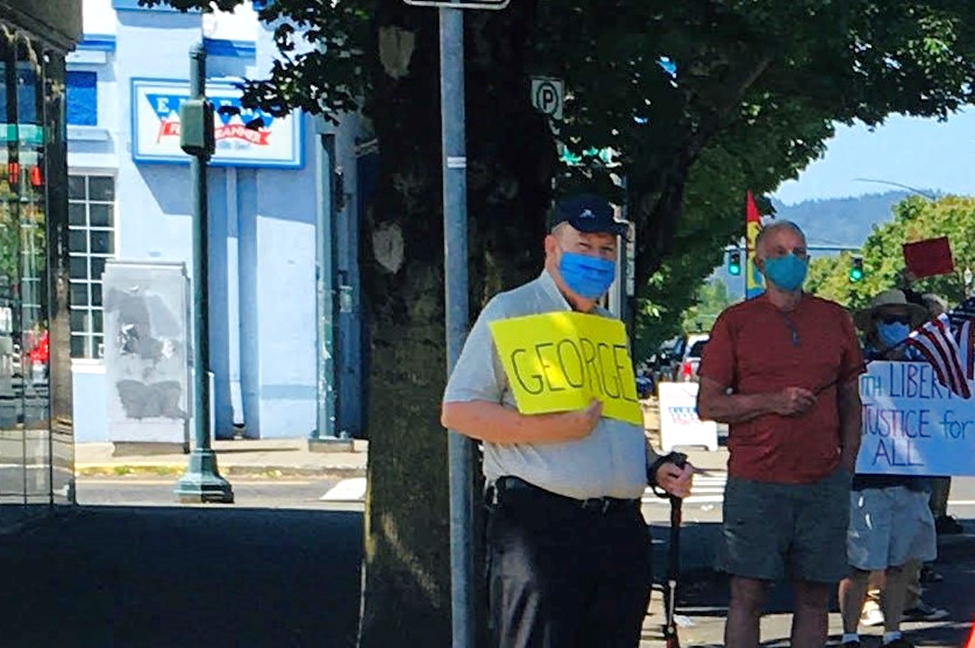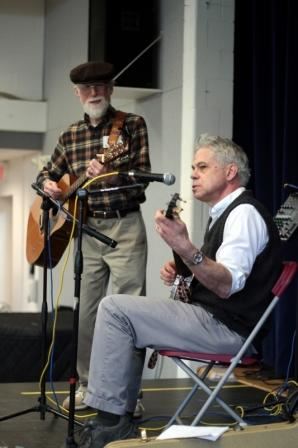- Home
- Faith & Action
- Dispatches from BFM
Dispatches from Bethesda Friends
Folks who attend BFM often want to share their writings with our meeting Friends. It might be research articles, personal writings or connections, as well as writings from outside of BFM that are personally meaningful to them (click here to see previous submissions). Ways to Care for Yourself as You Care for the World |
|
When a BFM Friend posted this question (below) from Mirabai Starr, several folks replied with a personal answer. If the question speaks to you, please consider sharing with us what you've learned.
|
|
|
|
Bernie, This is an incredible list. I’m going to flag this email and return to it, because you are right, "We need to stay vigilant and plugged in, while also pacing ourselves for the long haul." ❤️ I have a friend who invites her students to join an activist (name I'm forgetting) in their vow to not burn out. I try to remember this, and make it my vow as well. To your list, I will add these for myself: Remembering to call my family and closest friends and stay connected. Staying committed to my weekly Tai Chi class. I am grateful for the inspiration that moved you to share this email. With love, Jonathan |
|
Since my trip to Bhutan a few years ago, every day I recite the Compassion Buddhist mantra nine times, as we did in Bhutan around a large prayer wheel. Om Mane Padme Hum Warm wishes, Ann P. |
|
|
One major diversion has been being rehearsal pianist and string bassist for Victorian Lyric Opera Company's wonderful production of Strauss's Die Fledermaus (The Bat) of which five performances remain -- https://www.vloc.org/fledermaus.html (I play bass this weekend and Jeff Aaron, a professional, plays bass next weekend). BTW my uncle was Sheldon Clark, who in 1966 ran as a peace candidate for Congress from the Cleveland suburbs gerrymandered for Republicans and who, for the requisite photo with LBJ said, "Strong supporter on domestic issues, member of the loyal opposition on Vietnam." LBJ was not amused. Ross C. |
|
To publicly comment on one or more of these submissions, please send an email with your comment to our FORUM email (forum@bethesdafriends.org). After moderation, your comment will be posted on this public page with your first name and last initial.



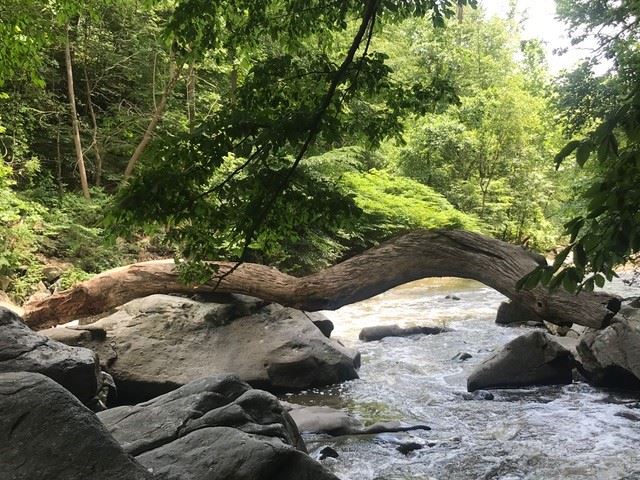 - warm baths with essential oils and salts;
- warm baths with essential oils and salts;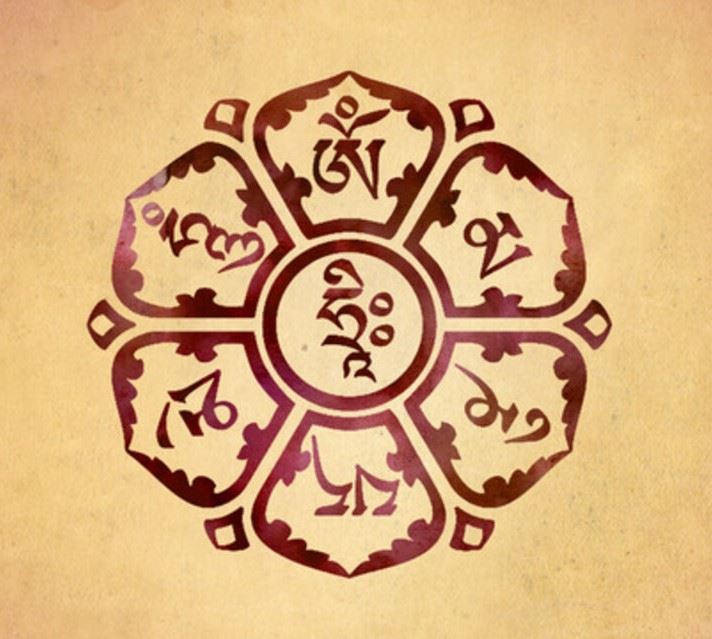
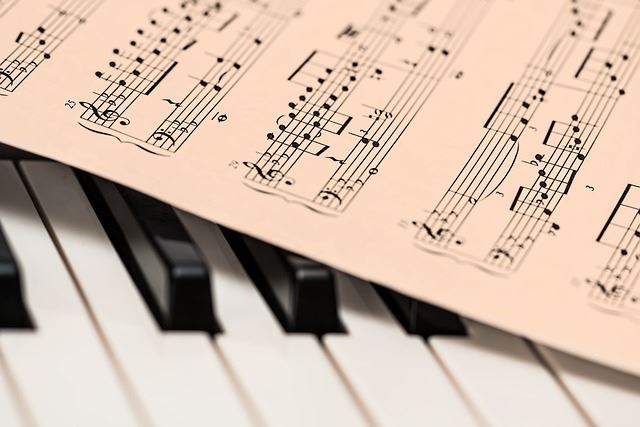 Thanks to
Thanks to 
